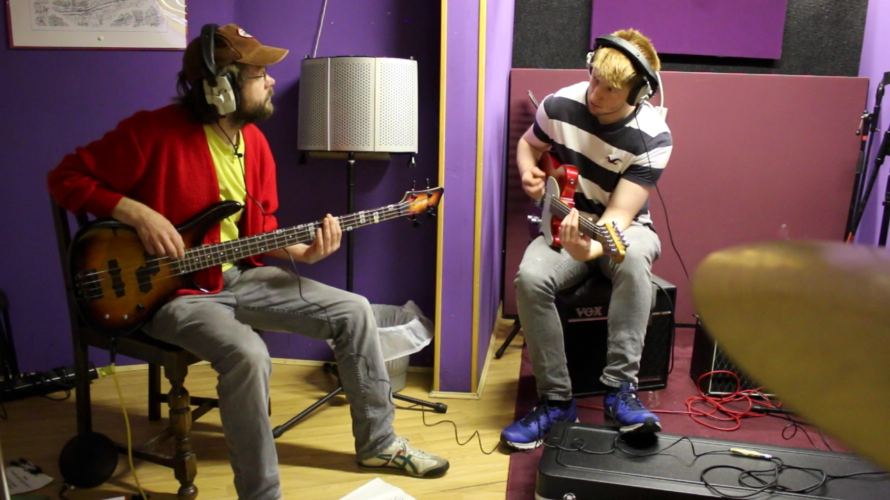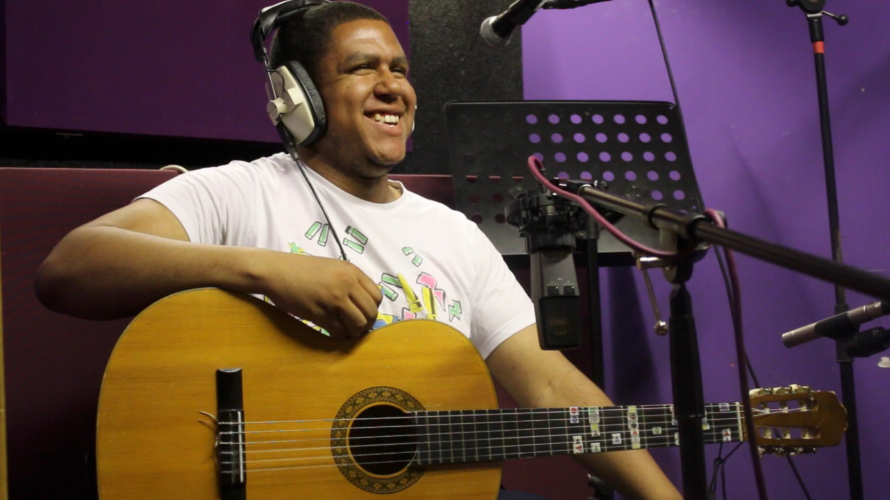Mental health problems and mental illness in children and young people are far more prevalent than most people realise. Approximately three children in every classroom have a diagnosed mental health issue and the children and young people referred to support services have a range, or combination of, extremely complex mental health difficulties. These can include acute psychosis, mood and conduct disorders, bipolar disorder, depression and obsessive compulsive disorder or eating disorders.

These issues can cut children and young people off from opportunities and activities that others might take for granted. We believe that there should be no barrier to engaging with culture or making music.
Enhancing life chances
Rhythmix delivers Music in Mind, an innovative programme for young people with mental health problems. The programme uses music making to enhance life chances and offer tangible help to young people with mental health problems by giving them an opportunity to gain vocational skills and have a positive creative outlet through music making opportunities. In it’s own unique way, Rhythmix can offer an opportunity to gain the self belief and skills necessary to move forward in life.

For Steve*, a young carer and school refuser, the only times he would leave his home was to collect medication and attend our sessions. Support staff highlighted huge changes they witnessed in his confidence and self belief. Steve is now planning to train as a sound engineer following his time with us in a studio recording his music. Transforming lives like Steve’s makes us proud of what we do.
Encouraging self expression
In 2016-2017 we delivered 215 sessions in specialist mental health units and community settings with Children and Adolescent Mental Health Service teams. These Music in Mind sessions engage children and young people with mental health problems in high quality music making activities that provide respite from their challenges, relieve stress and encourage self expression.
Musical lifeline
In 2016 we commissioned an independent evaluation report by Dr Ally Daubney and psychologist Greg Daubney on our work in mental health settings, which we were also thrilled to see included in the the All-Party Parliamentary Group on Arts, Health and Wellbeing Inquiry Report, Creative Health: The Arts for Health and Wellbeing.
The report found that music was a significant part of recovery. It is described as a “lifeline” by young people with mental health problems, and a fundamental part of who they are and having the chance to pen their own tracks and hone their practical and creative skills is as an integral part of their recovery from mental illness.

Support #LocalCharitiesDay now
- Use our interactive map to find local charities near you. Run a charity? Add your details to our map and show your support for the day
- Sign up to the #LocalCharitiesDay Thunderclap
- Add the #LocalCharitiesDay Twibbon to your social media channels
- Download our digital toolkit
 Department for Culture, Media and Sport
Department for Culture, Media and Sport